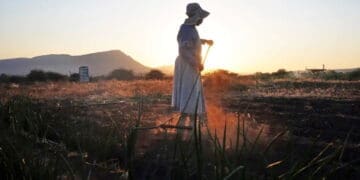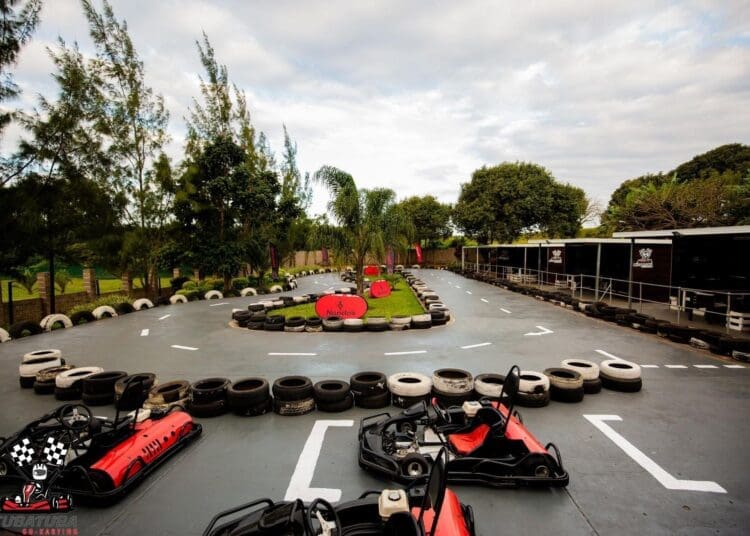The G20 Tourism Hackathon, which officially got underway at the University of the Western Cape at the weekend, has challenged students to develop digital innovations that can solve some of the tourism sector’s most pressing problems, especially those faced by small businesses.
Spearheaded by the Department of Tourism in collaboration with academia and industry stakeholders, the event brought together students from 18 higher learning institutions across the country.
For many tourism SMMEs, the hackathon comes at a critical time.
“We are not attracting a lot of international tourists, despite advertising online,” said Sandisiwe Mngadi, who manages a go-karting track in Mtubatuba, KwaZulu-Natal.
“We need better communication platforms that connect rural businesses with global markets. There’s huge untapped potential in rural tourism, but it’s not profitable if we remain invisible.”
Itumeleng Seleke, CEO of Nomusa BNB in Richards Bay, agreed.
“One of our biggest challenges is standing out in a crowded market. We don’t have the budget or brand recognition of big hotels, so we rely on creativity and social media. But that only takes you so far,” said Seleke.
Seleke believes technology can be a game-changer.
“If students could build affordable digital platforms tailored for SMEs, it would help us compete,” she said.
“Imagine mobile apps with virtual tours, influencer marketing tools or AI chatbots that personalise guest engagement. Those are the kinds of innovations that would shift the needle for small operators like us.”
Back at the hackathon, students were listening closely.
“We are designing a tool that gives rural tourism operators visibility through AI-driven recommendations,” said Onthatile Mokoena, a final-year IT student from the University of Pretoria.
“If we can get international visitors excited about destinations beyond the usual hotspots, we are doing our job.”
Tshiamo Nkosi, a multimedia student at the Cape Peninsula University of Technology, said his team was developing a platform to help SMMEs create immersive virtual experiences.
“A small B&B should be able to offer a 360° tour on their website without needing a full film crew,” he said. “We want to make that possible.”
Tourism Minister Patricia de Lille said youth-driven innovation was vital to rebuilding and reimagining the tourism economy.
“Digital innovation must be the great equaliser,” De Lille told attendees.
“This hackathon is not just about code, it is about creating tools that empower rural and township tourism businesses to thrive.”
According to the Department of Tourism, rural areas account for nearly 30% of the country’s tourism potential, yet they attract significantly fewer visitors than urban centres.
The department’s Tourism Sector Recovery Plan identifies inclusive digital access as a key lever for growth, especially for small businesses that often lack marketing infrastructure.
“These students have the power to bring rural tourism into the global spotlight,” De Lille said.
“We are calling on them to create practical, scalable tools that connect, market and grow the SMME sector.”
































































